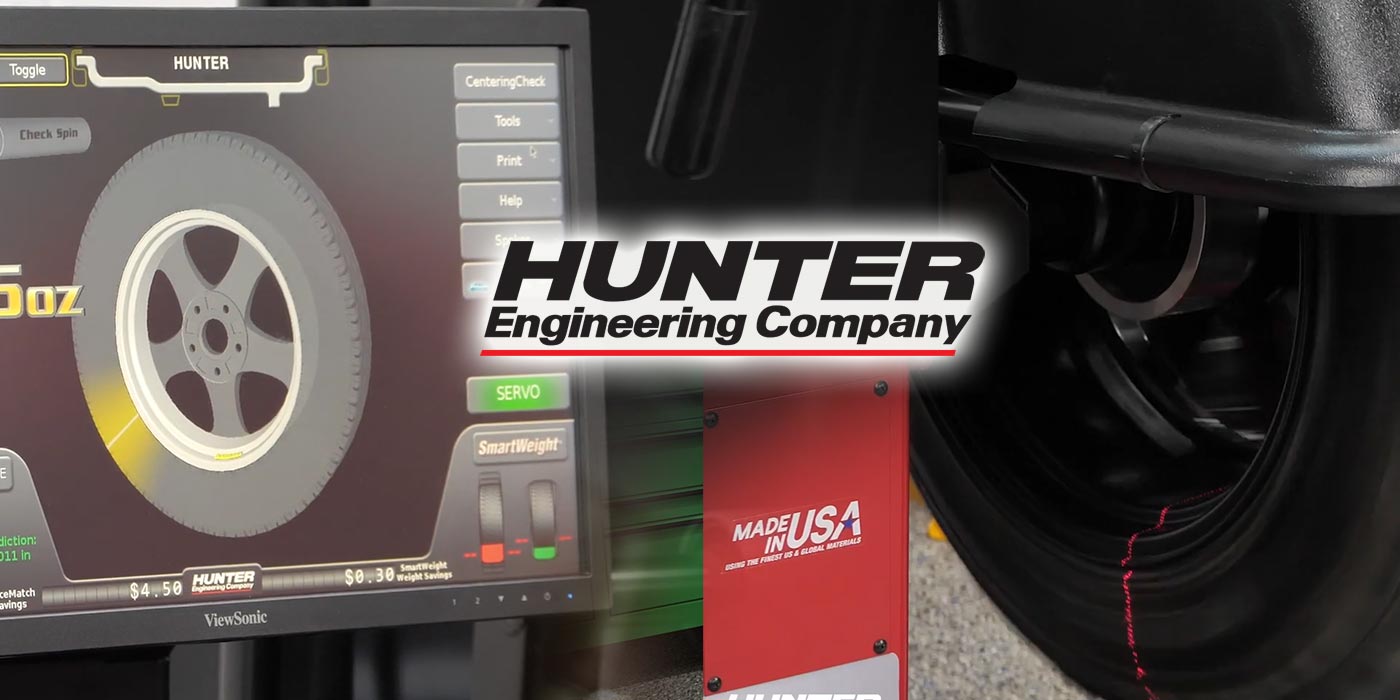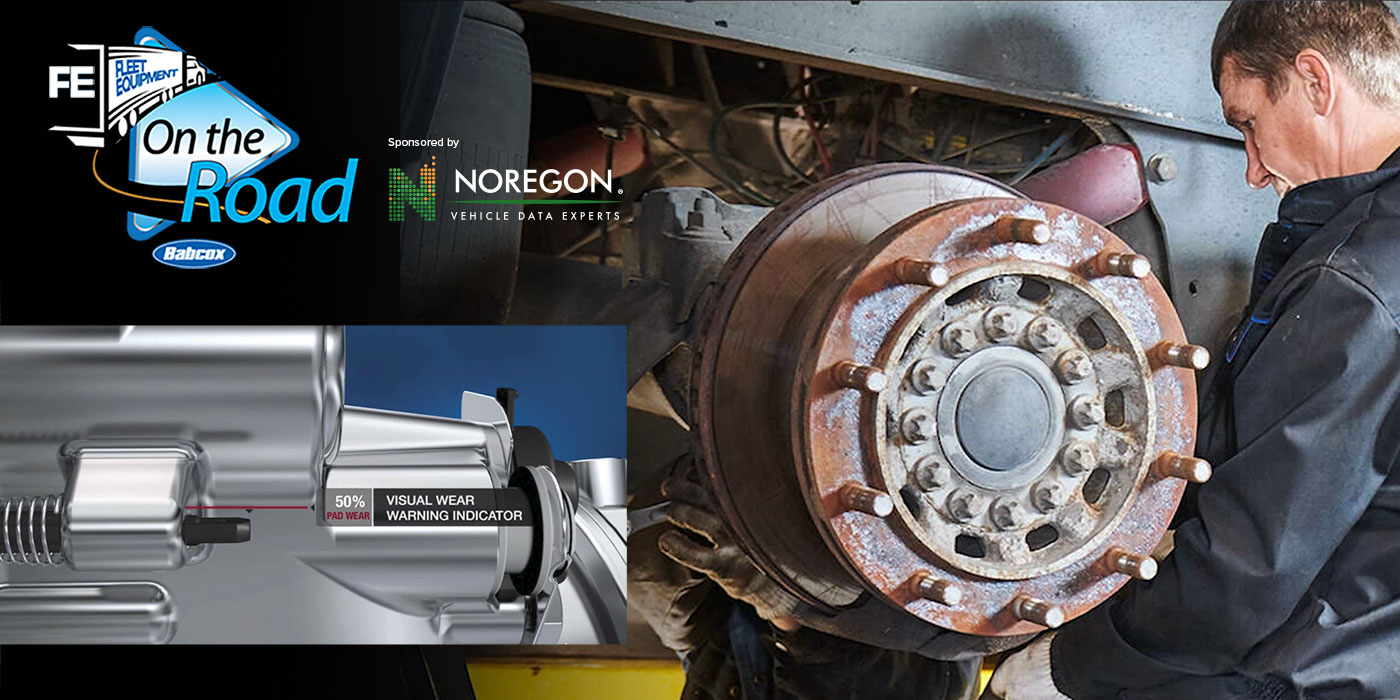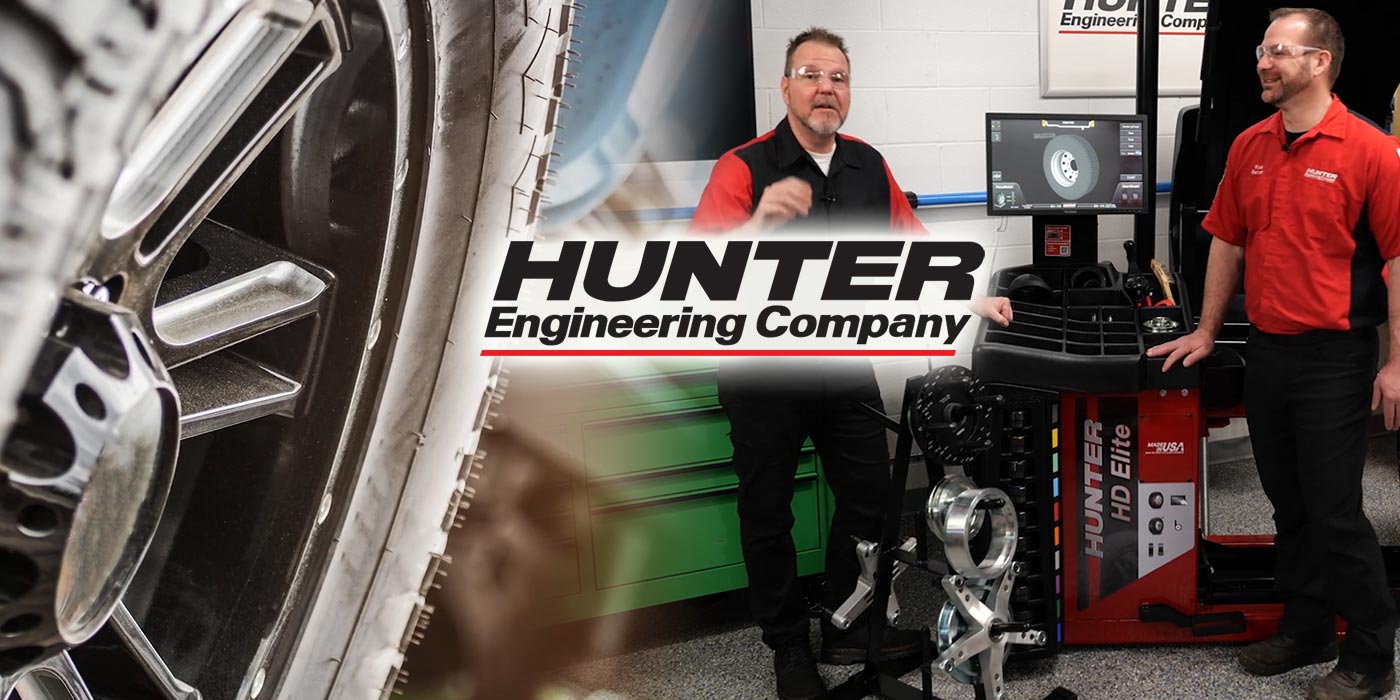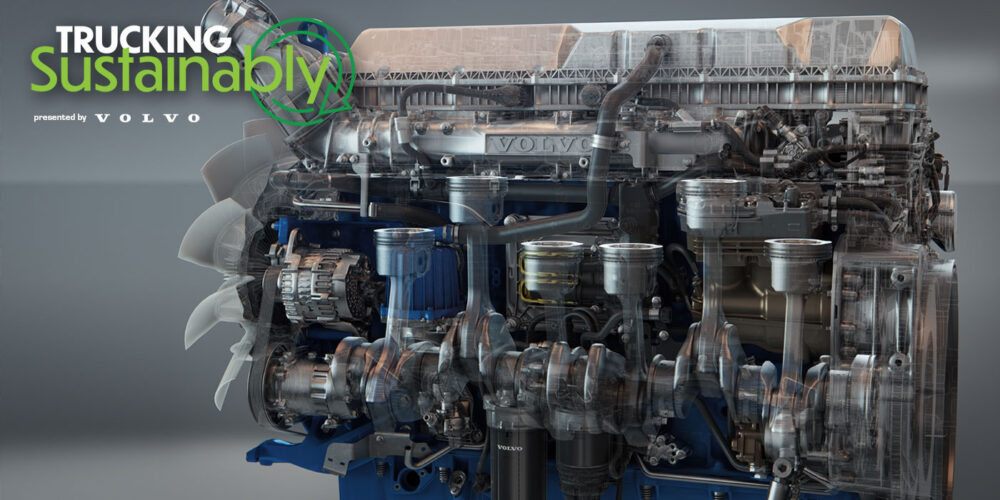So, you’ve determined you need a new truck battery. Well, wait a second, let’s start here: Are you sure you need a replacement, or can it simply be recharged?
Click here to watch more of FE’s On the Road video series.
Here is a transcript of the video:
OK, obviously you probably know if your battery can be recharged, but I’m not talking about one that’s just a bit low on juice – I’m not talking about a deeply discharged, dead battery. Because, actually, most of the time a deeply discharged battery can be recovered as long as it isn’t left in a severely discharged state for long.
A deeply discharged battery might be recoverable, but that is dependent upon the age and the usage cycle of the battery. In fact, many quote-unquote ‘bad’ batteries could be placed back into service and continue with their operation. The battery in question should be removed from the vehicle and run through a proper recharge procedure: Charged to 100%; load tested; and left for 24 hours and re-load tested.
But let’s say you’re sure it really is a bad battery. To the buying tips!
You’ll find group 31 batteries – the kind you’ll find in heavy-duty trucks – fall into different categories while you’re shopping. There are starting batteries, designed to start the truck and offer minimal cycling, and dual-purpose batteries, designed for starting and cycling, like when hoteling. There are also AGM batteries, which tend to offer both great starting and cycling performance as well as added protection against high heat.
Your battery of choice should depend on application, so be sure to consult your dealer of choice before making the buy to ensure you’re getting the best battery for your truck’s usage.
Each battery technology has a different usage profile and life span within the Class 6 to 8 truck market. The wrong battery in an application could potentially result in a life span of less than 12 months. However, if the correct battery is selected, overall life could exceed four or more times that, dependent upon duty cycle, climate and maintenance, of course.
It’s also important to look beyond a battery’s cold cranking amp rating, or CCA, when shopping. The CCA IS important – it defines a battery’s ability to start an engine in cold temperatures – but other aspects of the battery shouldn’t be ignored simply to achieve the highest CCA possible.
Of course, make sure you have a battery pack that will meet the engine’s cranking requirements, but reserve capacity is just as important. This is the battery’s ability to power loads while the engine is not running, and also impacts how a battery will cycle. Also, keep the warranty in mind. Is your fleet getting a warranty that covers a typical life span? How well are you covered by the warranty? What support does your supplier give you to make sure you are getting the right service and support?













